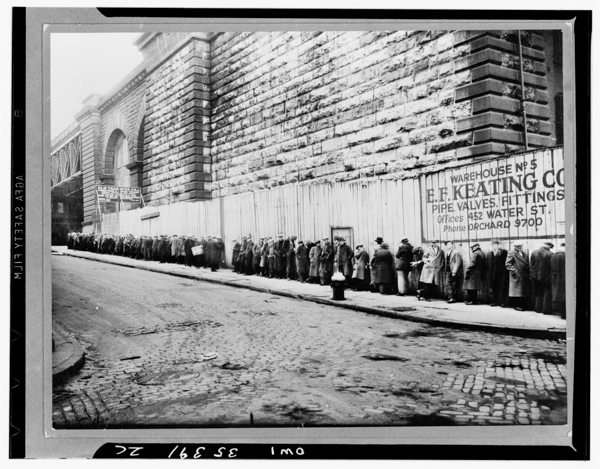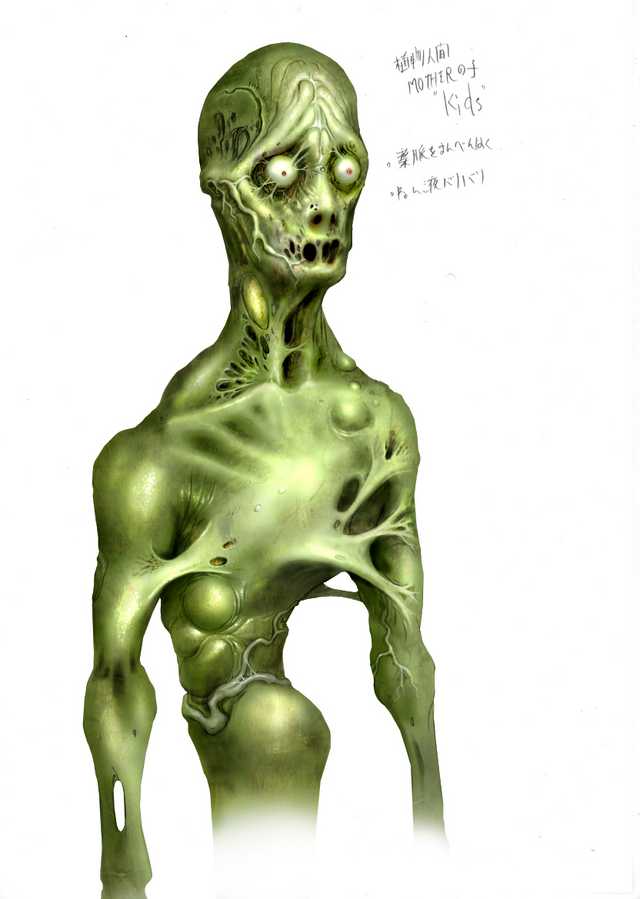Games that create morality systems tend to develop moral dichotomies.
These dichotomies are typically something along the lines of good or evil, as in Fable, or Hero and Anti-Hero, or even as simple as some sort of friendly vs. mean scale.
In Mass Effect, these were called Paragon and Renegade. In Star Wars games and media, the Light side of the force and the Dark side. This binary makes the gamification of moral decisions simpler by treating them as basically an “either-or.”
The problem comes after several choices have been made. For example, in Mass Effect and Knights of the Old Republic, making moral choices has a compounding effect. Bonuses are offered for leaning into the path that your character has started down.
Because of the compounding effect, the decision-making process is less of choice and more of a foregone conclusion. Why would anyone choose something of a different track when selecting something from the opposite path could detour them from their morality bonus?
This is where these types of gamified morality systems show their flaws. They are huge endeavors, and I am not saying that they are bad or not worthwhile. They can be fun and increase replayability! In fact, the effort of even putting the idea of morality into a game is commendable, especially in a world where some games force the player down the path of violating the Geneva Convention like it’s no big thing. In Mass Effect’s case, numbers showed that even when players can experiment with morality, 92% of players chose to play Paragon. This was according to former BioWare cinematic designer John Ebenger. (Show tweet).
So, if gamification does not work, then what does? The answer is simple. Suppose a developer is looking to give players moments to judge the morality of their actions. In that case, the choices cannot be opposites but as far apart as possible while remaining equally reasonable. As T.M. Scanlon said in his book, What We Owe to Each Other, “… thinking about right and wrong is, at the most basic level, thinking about what could be justified to others on grounds that they, if appropriately motivated, could not reasonably reject.”
By offering players two options, one being a choice that can be justified to others and another that clearly cannot be, players went with the former. But in situations where both options are born out of somewhat justifiable reasons, you will get more exciting variety in how players view their decisions’ morality.
So. What games do a neat job at narrowing the gap?
*Papers, Please Music Begins*
Papers, Please was released in 2014 and has since become one of the most well-known indie games ever. The game is set in a fictional Soviet-style eastern bloc nation of Arostotka. The player acts as a border agent, responsible for checking the documentation of people crossing over in the border town of Grestin. Grestin has only recently been reclaimed by Arastotka after a brief war with the neighboring country of Kolechia. Your character has just won the job lottery and been assigned this post.
The primary gameplay loop works like this: You enter your booth, read the rules for the day, open the gate, and begin checking people’s documentation that steps up to your window. You then either accept their paperwork or reject it. At the end of the day, you are paid for each person you were able to process, and you make a choice about how to spend your money, either heating or food. It if sounds simple that is because, at its core, it is.
Each day the loop becomes more complicated. Additional paperwork is added for the player to check. The paperwork begins to diverge between two paths, one for citizens, one for non-citizens. And also, there is the possibility that the rent might go up for the apartment, eating into the player’s net income for the day and making a choice between food and heat more difficult.
The brilliance of Papers, Please, lies in the moral choices that you must make within that gameplay loop. On one of the days, a man who has his papers altogether steps up to the window. He mentions that behind him is his wife. After stamping his passport, the man continues into Arostotka. His wife steps up, and it is immediately apparent: she does not have the required paperwork. There is a choice presented to the player, but it is not explicit.
Stamp the wife’s passport at the expense of being fined, thus putting your family at risk.
Or: Deny her entrance and split a wife from her husband.
There is no color coding and no hint of renegade or paragon meters. What is the more “moral” choice here? These are the exact type of situations that moral philosophers were imagining when postulating the Trolly problem.
The Trolly Problem, a philosophical conundrum beyond meme or parody at this point, is still somewhat practical at illustrating the difficulty of weighing moral choices. Traditionally, it goes like this: a trolly is speeding down a track which will eventually fork into two. If the trolly continues its current path, it will hit five people. The listener is standing at a switch that will divert the train, but it will still kill one person on the new track. The problem is whether killing one person to save five outweighs the inaction of letting the trolly kill five people. The trolly problem is flatly unrealistic. However, it still presents an example of a moral dilemma.
In this specific instance, the player must weigh which choice is more reasonable than the other to get to the core of what is “right” or “wrong.” The greater good is protecting the members of your family. However, if you have been good at your job up until that point, the player may only get a warning, meaning giving the free pass will not do any harm. Unless the player messes up again.
As the opportunity to make a choice eventually passes and time moves on, the only person who is aware of that choice is the player. The consequences, potential fine or separating the wife and husband, are only left lingering in the player’s mind.
Several other choices can be made along the way in Papers, Please push the player’s judgment of what is right or wrong into question.
Papers Please developer Lucas Pope followed up this game with The Return of the Obra Dinn, which contains some moral decision lessons to be made, although even less noticeable. The Return of the Obra Dinn is set in the early 1800s. The player takes the role of an insurance adjuster investigating the return of the Dutch East India Trade Ship, the Obra Dinn, which has been missing for years. Upon arriving at the ship, the player opens a recently received parcel containing two items. One is a book with information about the boat. The second is a strange clock called a Memento Mortis, which allows the player to view a person’s exact time of death.
Using the crew manifest, the bits of information already present in the book, and the Memento Mortis, the player sets about discovering each of the 60 crew members’ fate. For each person, the player must fill out their name, cause of death, and who or what triggered the death. The last detail is where the gray areas come into play. Upon completing the game, the player is given an update on what the Dutch East India Trading Company paid out in insurance to each crewmember’s family. Now, some crew members were killed by accident, and if you are naive on the ending, you may list that the accident was caused by another crew member. It doesn’t matter that it was unintentional. By recording the other crew member as the cause of the accident, the accident causer’s family gets no insurance company payout.
This did not sit well. After some investigation, I discovered that the player could change the way the fate is written so that it is not clearly an accident at another crewmember’s hands. This spares the family the ignominious fate of losing a family member and not receiving the insurance payment they are entitled to.[GU3]
There is a notable difference between how the two games handle morality. In Papers, Please, the result of the player’s choice is evident, from the approval of would-be border crosser to the payout at day’s end. There is only one point in The Return of the Obra Dinn where the player realizes the consequences of their choices at the end. Papers, Please is therefore much better at simulating the immediate pressure that making a choice based on what is weighed as right or wrong. Still, the Return of the Obra Dinn reinforces that the repercussions of choices made may not be felt for a while and may also not be felt directly by the player. Either way, they demonstrate how moral decision-making is compromised by the constraints of acting within an institution like a government or company.
When looking for games that force players to make a legitimate moral calculus, then both Papers, Please, and The Return of the Obra Dinn are highly recommended. Beyond that, they are simply great games with solid gameplay loops that leave the player wanting more. Games above almost all other media types are perfectly positioned to let players interact with decisions of morality than any other. They can exhibit the trolly problem writ large across interesting and dynamic worlds with grounded and real characters. Experimenting with this may even help players understand themselves and the world around them better by sharpening their empathy.
This is all very hopeful. But I can see how these systems and choices in games can have a memorable and lasting impact when delicately handled. I’m curious to see how game developers continue to tackle moral dilemmas in the future. What games do you think offer a unique experience regarding defining your character’s own sense of morality? Let’s talk about it in the comments down below. I’d like to thank my script editors, Kat from Pixel a Day and Lee Keeler, for helping me out today. Any sources, references, and other material can be found in the description below. If you are interested in my work, please subscribe, and consider joining my Patreon. Thank you for watching.
My name is Kevin, and you’ve been watching Arcadology.



